Following the Championship of African Nations across East Africa means navigating three different currencies, varying price points, and unique local payment systems. The tournament will be hosted across five CAF-approved venues: Moi International Sports Centre Kasarani and Nyayo National Stadium in Nairobi, Benjamin Mkapa National Stadium in Dar es Salaam, Amaan Stadium in Zanzibar, and Mandela National Stadium Namboole in Kampala. Most travelers underestimate transport costs between countries while overbudgeting for food – but the real money surprise comes from understanding mobile payment systems that can save you significant cash.
What You Need to Know First
- Daily budgets range from $30-400+ depending on your travel style and chosen countries
- Uganda offers the best value, Kenya costs the most, Tanzania sits comfortably in the middle
- Mobile money systems can cut transaction fees by 60-80% once you understand them
- Match tickets are surprisingly affordable ($1.50-13.50), but stadium food and transport add up quickly
- Currency exchange timing can save or cost you 15-20% of your total budget
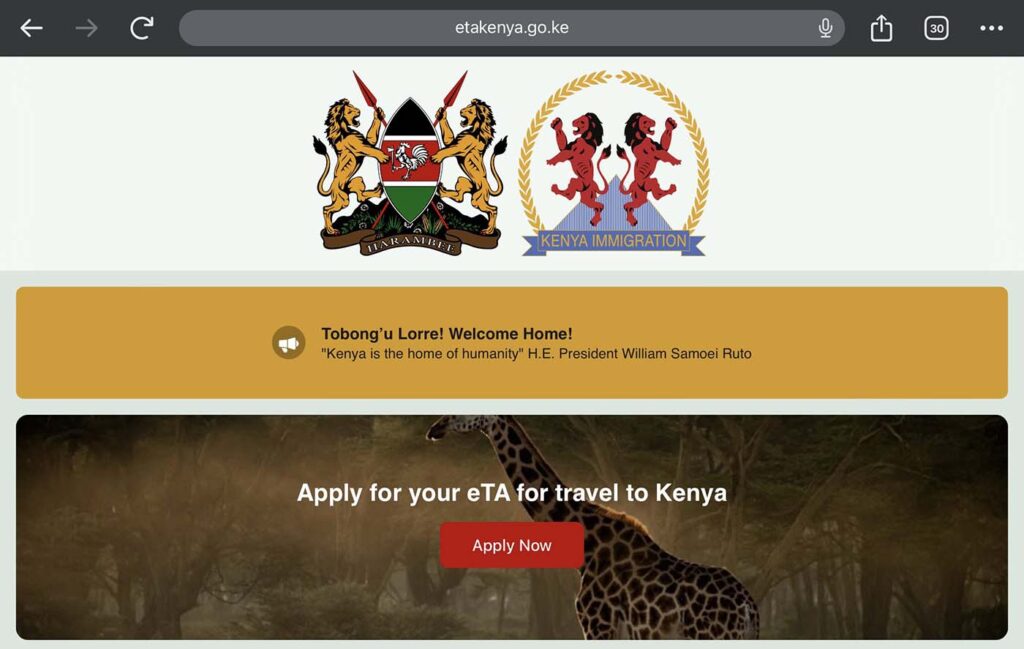
The Pamoja Visa Proposal
Before diving into costs, you should know about the proposed Pamoja Visa – a special multiple-entry pass being discussed by Kenya, Tanzania, and Uganda for CHAN 2024. The three countries have proposed this unified entry system to facilitate cross-border travel for players, officials, fans, and media personnel during the tournament.
If approved, the Pamoja Visa would apply primarily to visitors from outside the East African region, as EAC citizens already benefit from existing free movement protocols. Implementation details are still being finalized with respective Ministries of Immigration, with officials stating that “details will be communicated soon through proper channels”.
Important: As of August 2025, the Pamoja Visa remains a proposal. Travelers should verify current visa requirements through official government channels and plan for standard visa processes until the unified system is confirmed and operational.
The Reality of East African Travel Costs
You’ll find that backpacker havens and luxury lodges often exist within walking distance of each other across Kenya, Tanzania, and Uganda. Street vendors serve filling meals for under $2 while hotel restaurants charge $25 for similar portions. Local transport costs pennies, but tourist shuttles command premium prices.
The tournament creates interesting price dynamics. Many visitors discover that accommodation rates spike near stadiums during match days, while restaurants in fan zones often maintain surprisingly reasonable pricing to encourage longer stays.
Budget Travel Reality ($30-50 Daily)
Hostels and guesthouses become social hubs during CHAN season, with travelers sharing transport costs to stadiums and cooking communal meals. You’ll spend around $8-15 nightly for dorm beds or basic private rooms, though booking early helps secure better locations near transport links.
For Nyayo Stadium access, consider budget Airbnbs in Upperhill ($20-35/night), Langata, Kilimani, or Westlands areas. Upperhill properties offer modern amenities with swimming pools and gyms, just 10-15 minutes from the stadium. For Kasarani Stadium, Roysambu and Mirema neighborhoods provide excellent value at $11-25/night, with properties near Thika Road Mall and easy stadium access.
Local eateries serve hearty portions for $2-5 per meal. Street food vendors near stadiums understand the tournament crowd – expect slightly higher prices but authentic flavors. Ugandan markets offer incredible value, while Nairobi’s central business district provides quality budget options that locals actually frequent.
Transport represents your biggest variable cost. Matatu routes connect most destinations efficiently for under $2 per journey, but learning the systems takes patience. Overnight buses between countries save accommodation costs while covering significant distances.
Mid-Range Comfort ($60-120 Daily)
Three-star hotels and quality Airbnb properties offer reliable WiFi, hot water, and breakfast for $25-45 nightly. Many feature rooftop bars perfect for watching matches with fellow fans. Location matters more at this price point – properties near Kampala’s city center or Stone Town’s historic quarter command premiums but eliminate transport hassles.
For stadium proximity in Nairobi, Westlands Airbnbs ($35-60/night) provide luxury amenities including pools, gyms, and modern appliances near both Nyayo and Kasarani stadiums. In Kampala, Kololo and Bugolobi neighborhoods offer stylish apartments ($30-50/night) with city views and walking distance to Acacia Mall. For Dar es Salaam matches, Mikocheni, Masaki, and Oyster Bay areas provide beachside comfort ($30-55/night) with easy airport access. Stone Town Zanzibar features restored heritage properties ($40-75/night) within UNESCO World Heritage surroundings.
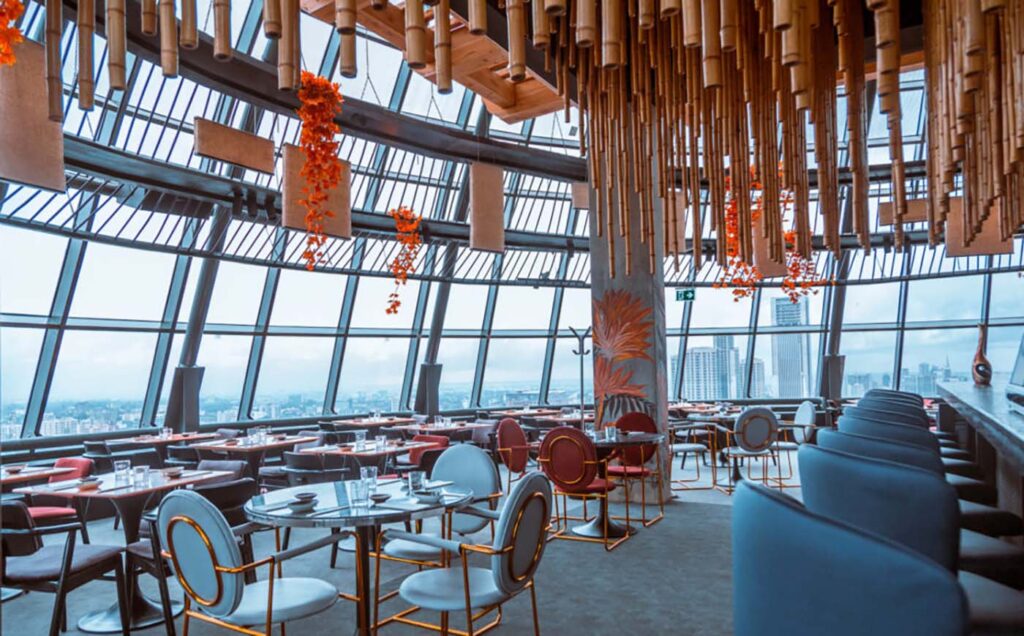
Restaurant choices expand significantly in this range. You’ll enjoy nyama choma at popular local spots, Lebanese cuisine in Nairobi’s Westlands, and fresh seafood along Dar es Salaam’s waterfront. Meal costs average $8-15, with occasional splurges on hotel brunches or celebration dinners.
Taxi apps work reliably in major cities, though negotiating with drivers often yields better rates for longer journeys. Domestic flights between tournament cities become worthwhile when factoring saved time and overnight accommodation costs.
Luxury Experience ($150-400+ Daily)
Safari lodges and boutique hotels create memorable bases between matches, though most luxury properties require transport to reach stadium areas. Understanding proximity to actual CHAN 2024 venues helps optimize your accommodation strategy.
For Kasarani Stadium matches in Nairobi, consider Westlands area hotels like JW Marriott Hotel Nairobi on Chiromo Lane, offering 315 luxurious rooms with city views and world-class amenities including Spa by JW. The sophisticated Villa Rosa Kempinski in Westlands delivers old-world elegance, while Sankara Nairobi Autograph Collection combines modern African design with international standards. These properties sit about 20-25 kilometers from Kasarani but provide excellent access to Nairobi’s business and entertainment districts.
For Nyayo Stadium matches, the same Westlands and central Nairobi luxury hotels offer better proximity, with some properties just 10-15 minutes from the venue.
For Benjamin Mkapa Stadium in Dar es Salaam, the Hyatt Regency Dar es Salaam The Kilimanjaro provides harbor views and premium facilities with 174 stylish rooms. Johari Rotana, positioned 200 meters from Zanzibar ferry terminal, offers 5-star luxury with restaurant, bar, and kids’ club. The Dar es Salaam Serena Hotel combines elegant accommodations with comprehensive business services for traveling executives.
For Amaan Stadium in Zanzibar, Stone Town’s Park Hyatt Zanzibar stands as the premier choice, occupying a converted historic building with modern extensions, ocean views, and exceptional dining at Ocean House restaurant. The 5-star property offers an outdoor pool, spa, and walking distance to House of Wonders and Old Fort. For alternatives, consider Mashariki Palace Hotel or Anna Of Zanzibar Hotel, both offering luxury amenities within Stone Town’s UNESCO World Heritage environment.
For Mandela National Stadium Namboole in Kampala, the landmark Kampala Serena Hotel provides refined comfort in the business district, while Sheraton Kampala Hotel offers 5-star accommodations 36 minutes from Entebbe International Airport. For lakeside luxury, Speke Resort Munyonyo sits on Lake Victoria’s shores, combining conference facilities with resort amenities including spa services and gardens.
Expect $150-400+ nightly for these luxury accommodations, which typically include extensive amenities, personalized service, airport transfers, and concierge assistance with match tickets and transportation to stadiums.
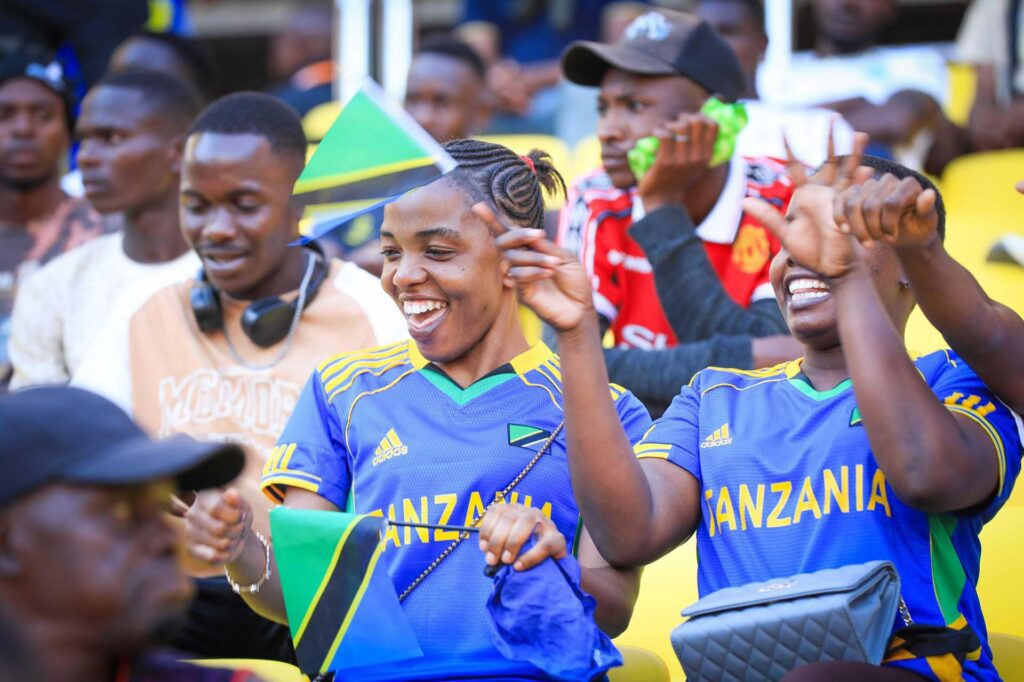
Fine dining scenes vary dramatically between countries. Nairobi offers international cuisines rivaling global capitals, while Kampala’s emerging restaurant culture focuses on elevated African flavors. Tanzania’s lodge dining emphasizes fresh ingredients and traditional preparations with contemporary presentation.
Private transport eliminates schedule constraints while providing air conditioning and experienced drivers familiar with stadium areas. Helicopter transfers between some venues create spectacular arrival experiences for special occasions.
Understanding East African Economics
Kenya: Premium Positioning
Kenya’s tourism infrastructure commands the highest prices across the region, but quality generally matches costs. Nairobi functions as East Africa’s business hub, reflected in hotel rates and restaurant pricing that often exceed other regional capitals.
Accommodation ranges from $8 backpacker hostels to $300+ luxury hotels. The sweet spot for quality-conscious travelers sits around $40-60 nightly for properties offering reliable amenities without premium location surcharges.
Food costs vary dramatically by neighborhood. Westlands and Karen offer international cuisines at $15-25 per meal, while downtown markets serve filling local dishes for $3-6. Airport restaurants charge predictably high prices, but terminal variety exceeds most regional airports.
Tanzania: Balanced Value Proposition
Mainland Tanzania offers excellent value compared to Kenya, while Zanzibar commands island premiums. Dar es Salaam’s accommodation scene caters well to business travelers, with quality options available for $25-50 nightly including breakfast and WiFi.
The country’s food culture emphasizes spices and Indian Ocean influences. Coastal areas feature exceptional seafood at reasonable prices, while inland regions focus on hearty meat and vegetable dishes. Tourist areas add 30-50% price premiums, but quality improvements often justify additional costs.
Ferry connections to Zanzibar create interesting logistics during tournament periods. Advanced booking becomes essential, as last-minute tickets often sell out or carry significant surcharges.
Uganda: Outstanding Value Discovery
Uganda surprises many visitors with its combination of quality and affordability. Kampala’s accommodation options provide excellent value, with comfortable mid-range properties available for $20-40 nightly. The city’s compact size means most areas remain accessible via affordable transport.
Local food culture emphasizes fresh ingredients and generous portions. Traditional dishes like matoke (cooked bananas) and posho (maize flour) provide filling meals for under $3. International options concentrate around upscale neighborhoods but maintain reasonable pricing compared to regional standards.
The country’s developing tourism infrastructure means fewer crowds and more authentic experiences, though amenities may require flexibility in expectations.
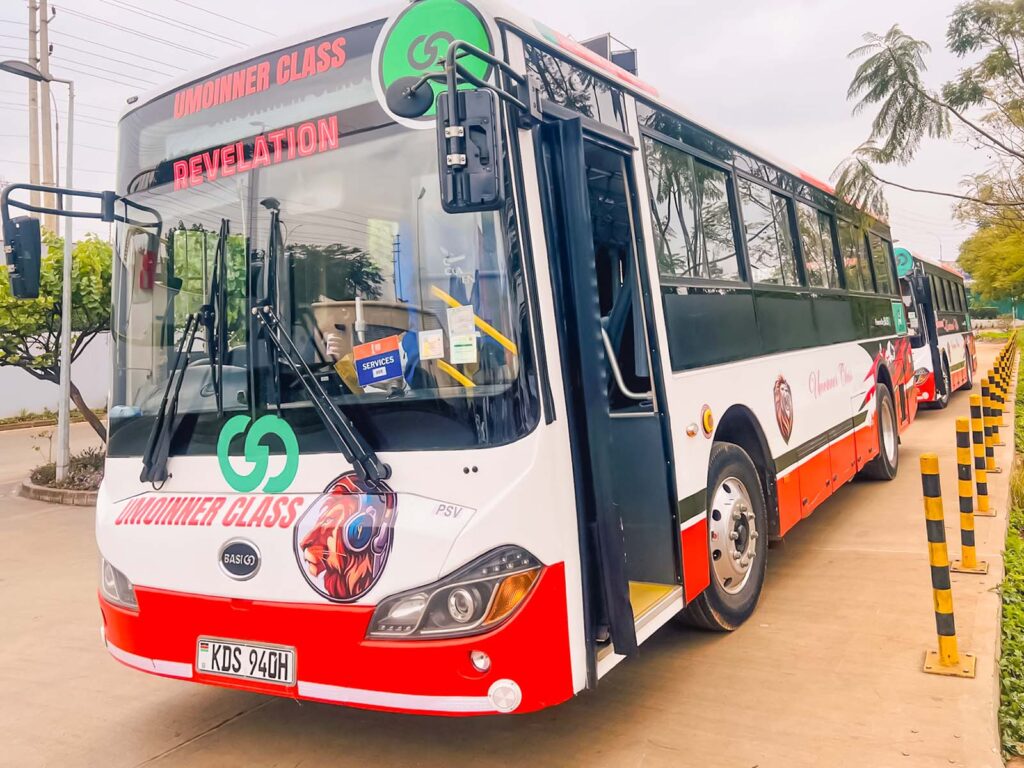
Currency Navigation Strategies
Exchange Rate Realities
Kenyan Shillings trade around 136 KES per USD, making mental math relatively straightforward. Tanzania’s currency operates at approximately 2,480 TZS per dollar, while Uganda uses rates around 3,570 UGX per USD. These large numbers initially confuse visitors, but smartphone calculators simplify daily transactions.
Airport exchange counters offer convenience at premium rates – expect 3-5% worse rates than city forex bureaus. Banking branches provide security and competitive rates but operate limited hours. Hotel exchange services charge the highest premiums but solve emergency situations.
Mobile Money Revolution
Kenya’s Safaricom M-Pesa system processes more transactions than many national banking systems. Taxi drivers, restaurant servers, and market vendors accept mobile payments seamlessly. Tourist access requires local phone numbers and registration, limiting immediate usefulness but providing significant convenience for extended stays.
Tanzania features Vodacom M-Pesa, Tigo Pesa, and Airtel Money systems with growing acceptance. Uganda’s MTN Mobile Money and Airtel Money platforms dominate urban areas and stadium districts. These platforms eliminate cash handling risks while reducing transaction fees for frequent users. Registration processes vary, but local SIM card vendors near airports usually provide setup assistance for under one dollar.
ATM and Card Considerations
International cards work reliably in major cities but struggle in rural areas. Daily withdrawal limits range from $200-500, while transaction fees add $3-7 per use. PesaPoint ATMs provide the widest coverage across Kenya, while Equity Bank, Absa, CRDB Bank, and Stanbic branches offer competitive exchange rates. Notify banks before traveling to prevent security holds that can strand you without access to funds.
Visa and Mastercard acceptance expands yearly, particularly at hotels, restaurants, and shops catering to tourists. American Express works mainly at luxury establishments. Contactless payments grow slowly but remain limited outside Nairobi’s upscale areas.
CHAN-Specific Budget Items
Match Day Expenses
Tournament tickets provide exceptional value compared to European football. Kenyan venues charge KSh 200-1,000 ($1.50-7.50), while Tanzanian matches cost slightly less. Ugandan pricing sits in the middle range, with premium seating options available for key matches.
Stadium parking costs $2-5 but fills rapidly before popular matches. Public transport becomes crowded but remains functional. Many fans opt for early arrival to enjoy pre-match atmospheres and secure good parking positions.
Concession stand prices reflect local economics rather than typical stadium premiums. Expect local snacks and drinks at reasonable prices, though variety may be limited compared to European venues.
Fan Zone Activities
Official fan zones typically offer free entry with paid food and beverage options. These areas provide cultural entertainment, big screen viewing for other matches, and opportunities to meet fans from across the continent.
Local restaurants and bars near fan zones often create their own viewing environments with competitive pricing and more authentic local atmosphere. These venues frequently offer better value than official merchandise stands.
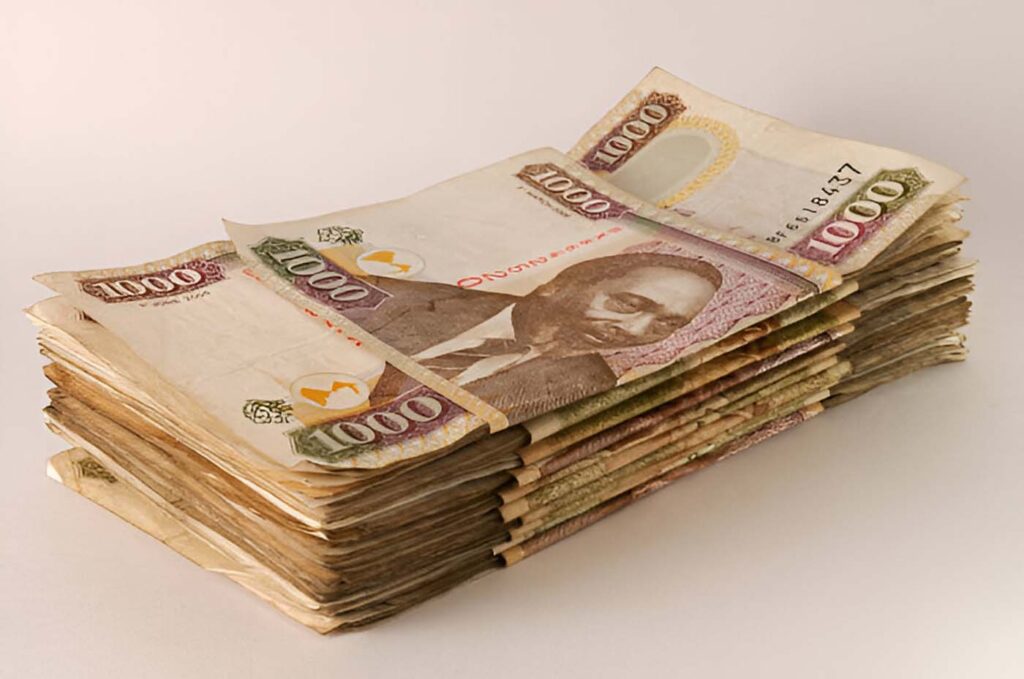
Money-Saving Strategies That Work
Accommodation Timing
Booking accommodation 6-8 weeks before matches secures better rates and location choices. Properties within 30 minutes of stadiums charge premiums during match weekends but offer standard rates on non-game days.
Stadium-area Airbnb recommendations: Roysambu and Mirema offer budget studios ($11-25/night) near Kasarani Stadium with modern amenities. Upperhill properties ($20-48/night) provide mid-range comfort near Nyayo Stadium with pools and city views. Kampala’s Kololo apartments ($30-60/night) combine luxury amenities with stadium accessibility. Dar es Salaam’s Mikocheni studios ($20-40/night) offer beachside convenience, while Stone Town heritage apartments ($40-75/night) provide cultural immersion with Amaan Stadium proximity.
Sharing accommodation with fellow fans creates significant savings while building tournament memories. Many hostels organize group activities and transport to matches, reducing individual costs while enhancing social experiences.
Food Budget Optimization
Eating where locals gather consistently provides better value and more authentic experiences. University areas, local markets, and residential neighborhoods offer quality meals at fraction of tourist area prices.
Many accommodations include breakfast, reducing daily food costs while providing convenient early-day meal timing. Hotel happy hours often feature discounted drinks and appetizers between 4-7 PM.
Self-catering capabilities vary by accommodation type, but grocery shopping and simple meal preparation can reduce food costs by 60-70% for budget-conscious travelers.
Transport Efficiency
Learning local transport systems requires initial patience but pays dividends throughout your stay. Matatu routes in Kenya, dala dala services in Tanzania, and boda boda motorcycle taxis in Uganda become second nature after several days of practice. Transport apps like Uber, Bolt, Little Cab, and SafeBoda operate in major cities with reliable service and transparent pricing.
Domestic flights offer time-saving alternatives for longer distances. Kenya Airways provides full-service connections between Nairobi, Dar es Salaam, and Entebbe. Jambojet offers budget-friendly flights within Kenya and to Zanzibar. Uganda Airlines connects Entebbe with Nairobi and Dar es Salaam, while Precision Air serves Tanzanian destinations plus Nairobi connections. Booking platforms like Skyscanner, Hopper, and Travelstart help track fare fluctuations.
Sharing transport costs with other fans heading to matches or popular destinations creates social opportunities while reducing individual expenses. Hostel notice boards and fan forums facilitate these arrangements.
Payment Method Navigation
Accommodation Payments
Luxury hotels universally accept international credit cards with standard processing fees. Properties like JW Marriott Hotel Nairobi and Villa Rosa Kempinski in Westlands, Park Hyatt Zanzibar and Mashariki Palace Hotel in Stone Town, Hyatt Regency Dar es Salaam The Kilimanjaro and Johari Rotana in Dar es Salaam, and Kampala Serena Hotel provide distinctive experiences with full-service amenities. Mid-range properties prefer cash payments for better rates but typically accept cards with small surcharges.
Budget accommodations operate primarily on cash basis, though newer hostels in areas like Ngara and Kilimani in Nairobi, Kariakoo and Upanga in Dar es Salaam, and Kabalagala in Kampala accept card payments. Airbnb properties in Roysambu, Mirema, Upperhill, Westlands (Nairobi), Kololo, Bugolobi (Kampala), Mikocheni, Masaki (Dar es Salaam), and Stone Town (Zanzibar) typically accept online payments through the platform. Negotiating longer-stay rates often requires cash payments but can reduce accommodation costs by 15-25%.
Restaurant and Food Payments
Upscale restaurants accept cards routinely, while local establishments operate cash-only systems. Street food vendors exclusively use cash transactions, making small denomination preparation essential.
Tipping practices vary by country and establishment type. Generally, 5-10% tips are appreciated but not mandatory. Rounding up bills or leaving small amounts shows appreciation for good service without creating financial pressure.
Emergency Preparedness
Cash Reserves
Maintaining emergency cash reserves prevents potential travel disruptions. Budget travelers should carry $100-200 in USD, while luxury travelers benefit from $500-1,000 reserves for unexpected expenses or opportunities.
Dividing cash storage between accommodation safes, personal carrying amounts, and backup locations reduces theft risks while ensuring access during various situations.
Banking Contingencies
Carrying multiple payment methods from different banks prevents single-point failures. If one card gets blocked or damaged, alternatives maintain access to funds without travel disruption.
Recording bank contact numbers and card details separately from physical cards enables quick replacement requests if cards get lost or stolen.
Sample Weekly Budgets
Budget Explorer ($280-350 Total)
Daily breakdown averaging $40-50 covers basic accommodation, local food, public transport, and match attendance. This budget emphasizes authentic local experiences while maintaining comfort and safety standards.
Comfortable Traveler ($420-840 Total)
Mid-range budgeting provides flexibility for spontaneous activities, comfortable accommodation, reliable transport, and occasional dining upgrades without financial stress.
Premium Experience ($1,050-2,800+ Total)
Luxury budgeting eliminates most constraints while accessing premium accommodations, fine dining, private transport, and exclusive experiences throughout the tournament.



